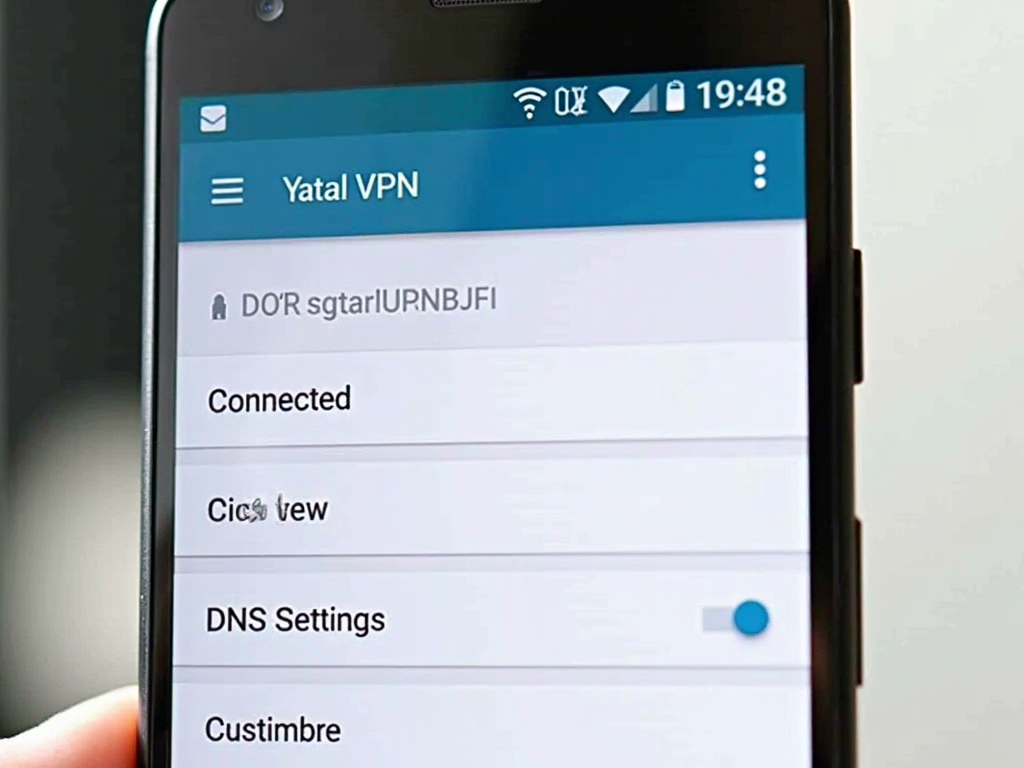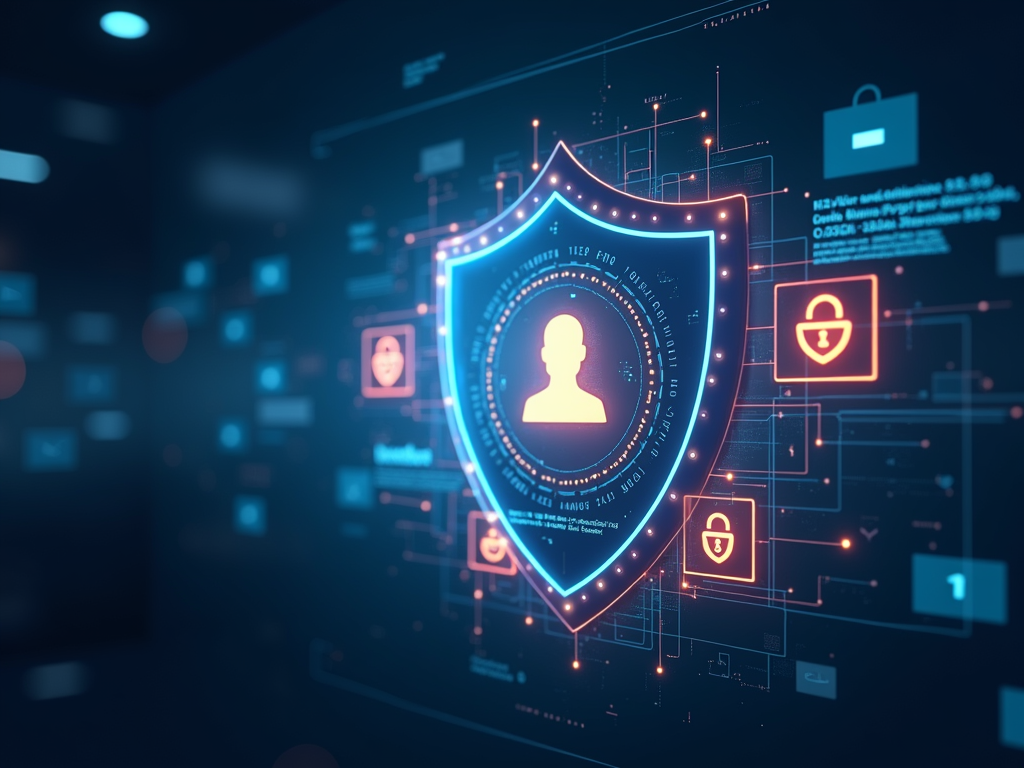The Importance of DNS Privacy: Protecting Your Online Footprint
The Importance of DNS Privacy
In today's digital age, where our lives are increasingly intertwined with the internet, protecting our online privacy has become more critical than ever. One often overlooked aspect of online privacy is DNS (Domain Name System) privacy. This article delves into the significance of DNS privacy, explores how tools like Mullvad's DNS over VPN can help, and provides actionable insights to enhance your online security.
Overview
DNS privacy is essential because it prevents third parties from tracking your online activities through your DNS queries. By using tools like Mullvad's DNS over VPN, you can ensure that your internet browsing remains private and secure. This article will guide you through the importance of DNS privacy, how to use Mullvad's DNS over VPN, and other online privacy tools to protect your digital footprint.

What is DNS and Why Does Privacy Matter?
DNS, or Domain Name System, is like the phonebook of the internet. When you type a website's name into your browser, DNS translates that name into an IP address, allowing your device to connect to the correct server. However, standard DNS queries are often unencrypted, meaning that anyone with access to your network—like your internet service provider (ISP), hackers, or even government agencies—can see which websites you're visiting.
This lack of privacy can lead to several issues:
-
Tracking and Profiling: ISPs and other entities can track your browsing habits, building a detailed profile of your online behavior. This information can be sold to advertisers or used for other purposes without your consent.
-
Censorship and Surveillance: In some regions, governments use DNS to block access to certain websites or monitor citizens' activities. Without DNS privacy, your online freedom can be severely restricted.
-
Security Risks: Unencrypted DNS queries are vulnerable to man-in-the-middle attacks, where malicious actors can intercept and alter your DNS requests, potentially redirecting you to fake websites designed to steal your personal information.
To mitigate these risks, it's crucial to prioritize DNS privacy. By encrypting your DNS queries, you can prevent unauthorized parties from snooping on your online activities and protect your sensitive data.
How Mullvad's DNS over VPN Enhances Privacy
Mullvad is a well-known VPN (Virtual Private Network) provider that offers a unique feature called DNS over VPN. This feature ensures that your DNS queries are encrypted and routed through Mullvad's secure servers, providing an additional layer of privacy.
Here's how to use Mullvad's DNS over VPN:
-
Sign Up for Mullvad VPN: Visit the Mullvad website and create an account. Mullvad is known for its strong commitment to privacy, as it doesn't require personal information to sign up.
-
Download and Install the Mullvad App: Mullvad offers apps for various platforms, including Windows, macOS, Linux, iOS, and Android. Download the app for your device and install it.
-
Connect to a VPN Server: Open the Mullvad app and connect to a VPN server of your choice. Once connected, your internet traffic will be encrypted and routed through Mullvad's servers.
-
Enable DNS over VPN: Mullvad automatically uses its own DNS servers when you're connected to their VPN. However, to ensure maximum privacy, you can enable the "DNS over HTTPS" or "DNS over TLS" options in the app settings. These protocols encrypt your DNS queries, making them unreadable to third parties.
By using Mullvad's DNS over VPN, you can browse the internet with confidence, knowing that your DNS queries are private and secure.

Other Online Privacy Tools to Consider
While Mullvad's DNS over VPN is a powerful tool for enhancing DNS privacy, it's just one part of a comprehensive online privacy strategy. Here are some additional tools and practices to consider:
-
Use a Privacy-Focused Browser: Browsers like Firefox and Brave offer built-in privacy features, such as tracker blocking and enhanced security settings. These browsers can help reduce your digital footprint.
-
Enable HTTPS Everywhere: HTTPS (Hypertext Transfer Protocol Secure) encrypts your connection to websites, preventing eavesdropping. The HTTPS Everywhere browser extension automatically switches websites to HTTPS when available.
-
Consider a DNS Resolver with Privacy Features: If you're not using a VPN, you can still enhance DNS privacy by using a DNS resolver that supports encryption. Providers like Cloudflare and Quad9 offer DNS over HTTPS and DNS over TLS.
-
Regularly Clear Your Browser Data: Cookies, cache, and browsing history can be used to track your online activities. Make it a habit to clear this data regularly or use your browser's private mode for sensitive activities.
-
Be Mindful of Public Wi-Fi: Public Wi-Fi networks are often unsecured, making it easy for attackers to intercept your data. Always use a VPN when connecting to public Wi-Fi to encrypt your traffic.
By combining these tools and practices, you can create a robust defense against online privacy threats.
The Broader Impact of DNS Privacy
DNS privacy isn't just about protecting your personal data—it's also about preserving the open and free nature of the internet. When DNS queries are private, it becomes harder for governments and corporations to censor or control access to information. This is particularly important in regions where internet freedom is under threat.
Moreover, DNS privacy contributes to a safer online environment by reducing the risk of cyberattacks. Encrypted DNS queries make it more difficult for hackers to execute DNS spoofing attacks, which can lead to phishing, malware distribution, and other malicious activities.
As more people become aware of the importance of DNS privacy, we can collectively push for better standards and practices across the internet. This includes advocating for the widespread adoption of encrypted DNS protocols and supporting companies that prioritize user privacy.

Conclusion
In conclusion, DNS privacy is a critical component of online security and privacy. By understanding the risks associated with unencrypted DNS queries and taking steps to protect your data, you can safeguard your digital life from prying eyes. Tools like Mullvad's DNS over VPN offer a straightforward way to enhance your privacy, while additional practices and tools can further strengthen your defenses.
Remember, online privacy is not a one-time effort but an ongoing commitment. Stay informed about the latest privacy tools and best practices, and make privacy a priority in your digital interactions. By doing so, you can enjoy a safer, more secure online experience.